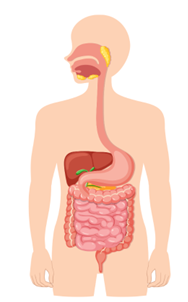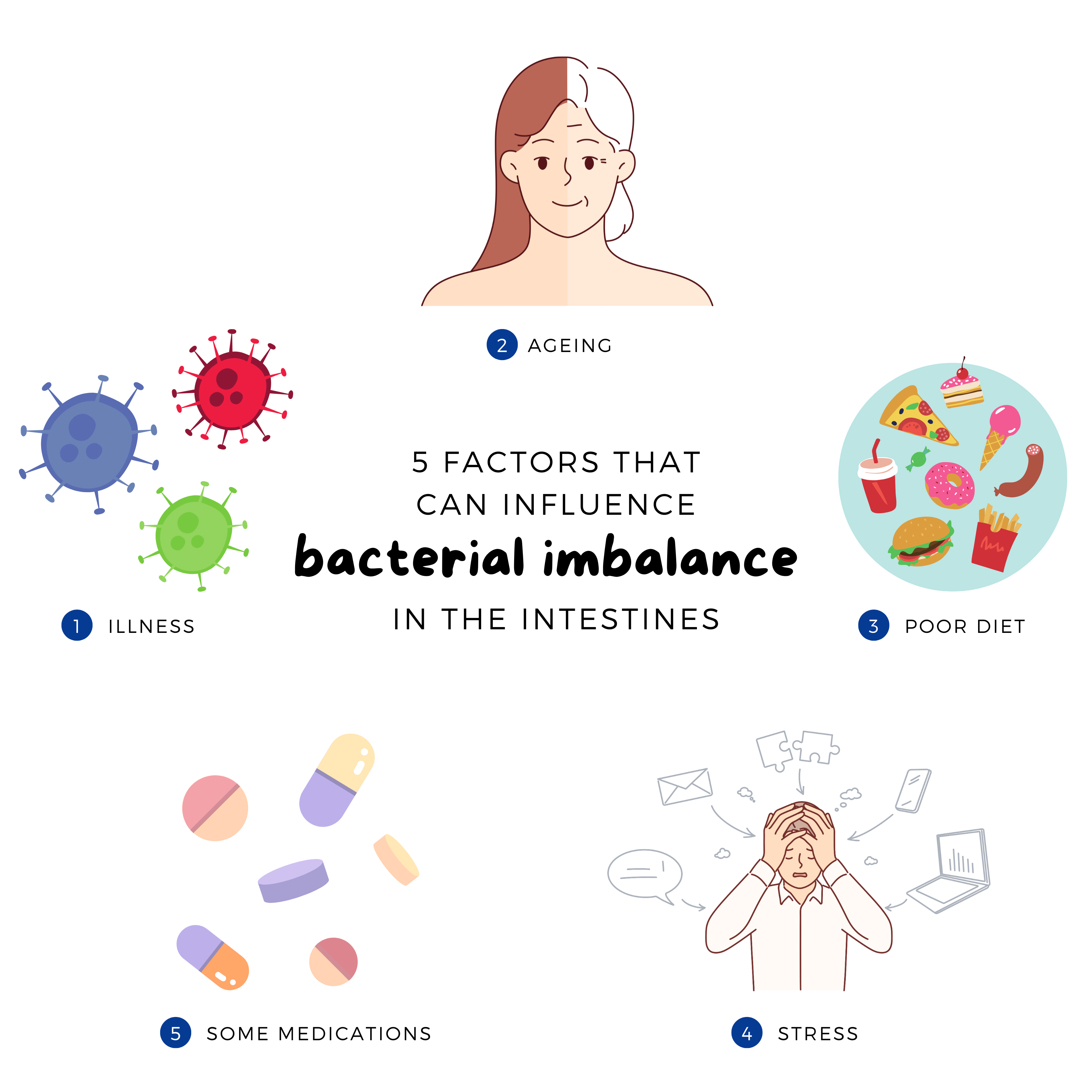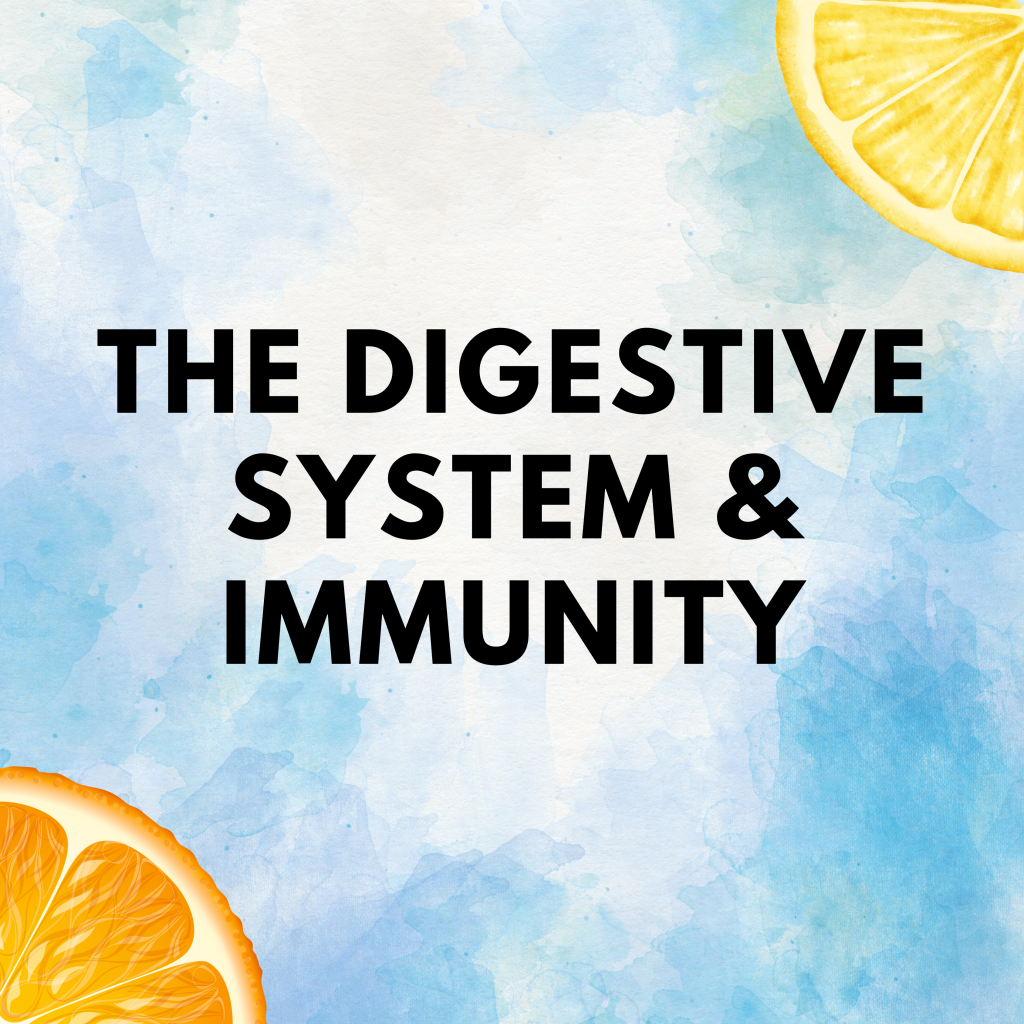We are in the midst of Winter! At Yakult, we understand that boosting our immunity is crucial during the colder months. Our immune system is impacted by various lifestyle, social, and environmental factors, therefore we must consider all aspects of our life when trying to strengthen our immunity.
What Factors Can Weaken Immunity?
Our immune system is our body’s natural defence mechanism against infections. Some factors that can compromise our immunity include:
- A poor diet lacking in essential nutrients.1
- Insufficient sleep.
- Stress and anxiety.
What Other Things Can I Do to Help Improve My Immunity?
To support a healthy immune system, consider the following:
- Adopt a balanced diet with a variety of food groups, as outlined in the Guide to Healthy Eating2 (as pictured below) or check out our post on winter nutrition tips.
- Engage in regular exercise that you enjoy!
- Keep warm during cold weather to help the body conserve energy.
- Prioritise sleep and rest to allow the body to recuperate.
- Incorporate probiotics, like Yakult, into your daily routine.

Figure 1. Australian Guide to Healthy Eating (Department of Health, 2024).
What Are Probiotics and How Can They Support Your Immunity?
Probiotics are live microorganisms that, when consumed in adequate amounts, provide health benefits to the host.3 Yakult is a fermented milk drink containing over 6.5 billion Lacticaseibacillus paracasei Shirota (LcS) bacteria per bottle. These bacteria are scientifically proven to survive stomach acids and reach the intestines alive.4 By encouraging regular bowel movements and improving the bacterial balance in the intestines, Yakult helps increase the presence of beneficial bacteria and reduce potentially harmful ones, thereby supporting the body’s immune function.4
Our microbiome plays a significant role in immune response, which is why it is important to have a significant number of beneficial bacteria in our digestive system.3
The Role of the Digestive System in Immunity
Our digestive system is lined with bacteria and other microorganisms known as intestinal microbiota. Intestinal microbiota is crucial for our digestive system can function effectively. Within the intestines, there are about 1,000 different species of bacteria, which total over 100 trillion bacteria!

Figure 2. Human digestive system.
Did you know that more than 70% of the immune system is located in the digestive tract? 5
Within our digestive system, beneficial and potentially harmful bacteria are present. Probiotics (like Yakult) help improve our bacterial balance by increasing the number of beneficial bacteria in the intestines.6 Bacterial imbalance in our intestines can result from various factors, including:
- Illness
- Ageing
- Poor diet
- Stress
- Medication

Figure 3. Factors that can influence bacterial imbalance in the intestines.
In healthy individuals, bacteria within the digestive system are responsible for a series of functions in the human body including supplying nutrients and the protection against pathogens.7 Recent studies demonstrate that bacteria in our digestive system impact multiple aspects of our health including, but not limited to, the central nervous system, brain function and pain regulation.8 This is why it is important that we take steps to improve the balance of bacteria in our digestive system, to help support overall immunity.
Incorporating Yakult into your daily regimen can play a significant role in supporting immunity, especially during the cold and flu season. Consuming a nutritious diet, engaging in regular exercise, and receiving adequate rest are also important to support health. Embrace the winter months with confidence by giving your immune system the support it deserves.
References
- Munteanu, C., & Schwartz, B. (2022). The relationship between nutrition and the immune system. Frontiers in Nutrition, 9. https://doi.org/10.3389/fnut.2022.1082500
- National Health and Medical Research Council. (2021, April 14). Australian Guide to Healthy Eating. Eat For Health. https://www.eatforhealth.gov.au/guidelines/australian-guide-healthy-eating
- Microbiome, immunity, Digestive Health and Nutrition Epidemiology, Pathophysiology, prevention and treatment / edited by Debasis Bagchi, Bernard W. Downs. (2022, January 1). https://research.ebsco.com/linkprocessor/plink?id=719fe352-d17e-3e35-aa81-d3bb11834571
- Calder, P. C. (2002, January 1). Nutrition and immune function : Frontiers in nutritional science, no. 1. https://research.ebsco.com/linkprocessor/plink?id=ea05c0f1-f5f1-3c8d-9dc5-7e1d9b3e433b
- Wiertsema, S. P., van Bergenhenegouwen, J., Garssen, J., & Knippels, L. M. (2021). The interplay between the gut microbiome and the immune system in the context of infectious diseases throughout life and the role of Nutrition in Optimizing Treatment Strategies. Nutrients, 13(3), 886. https://doi.org/10.3390/nu13030886
- Yakult Probiotic Benefits. Yakult Australia. (2023, December 13). https://www.yakult.com.au/benefits/
- Wang, X., Zhang, P., & Zhang, X. (2021). Probiotics regulate gut microbiota: An effective method to improve immunity. Molecules, 26(19), 6076. https://doi.org/10.3390/molecules26196076
- Santoni, M., Miccini, F., & Battelli, N. (2021). Gut Microbiota, immunity and pain. Immunology Letters, 229, 44–47. https://doi.org/10.1016/j.imlet.2020.11.010
